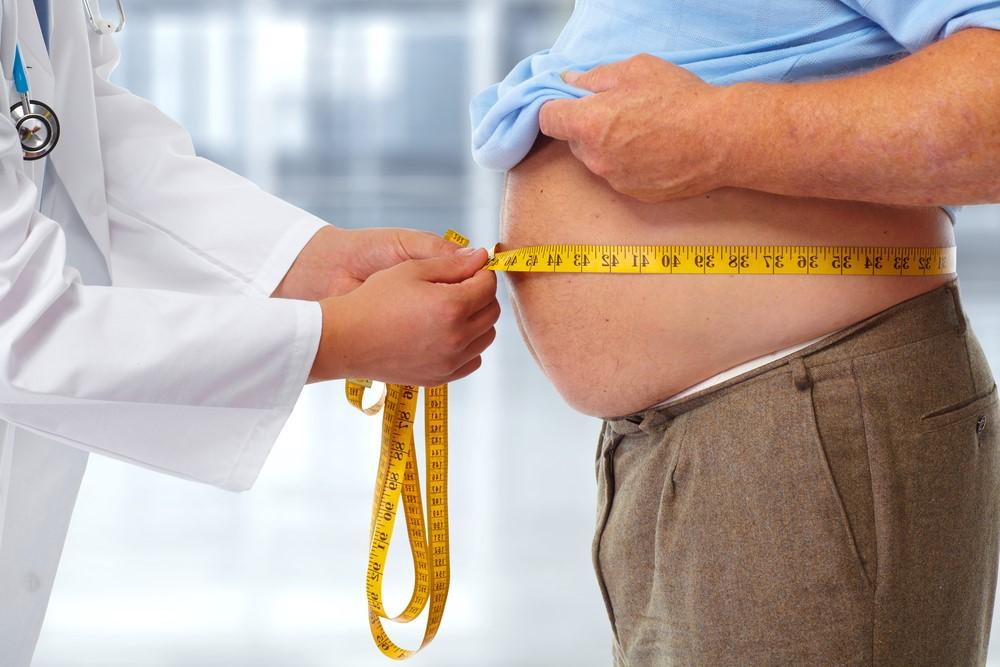
As public health officials encourage Americans to get vaccinated against the novel coronavirus as soon as it’s available to them, researchers will continue to keep their eyes on how the vaccines are working. One population they’ll be watching closely is a group that’s both considered at high risk for serious illness from COVID-19 and with a history of poor response to vaccines: people with obesity. Early indications are that this at-risk population has responded as well to at least one of the vaccines, which gives experts some confidence that will carry over to at least one other.
With the Food and Drug Administration giving emergency authorization to the Pfizer vaccine, Oregonians will soon get access to the preventative medicine — particularly health care workers and people at long-term care facilities. Officials have said the Pfizer vaccine should start arriving in the coming days.
OPB’s Tiffany Camhi spoke to Mark Slifka, a professor at Oregon Health & Science University, who studies infectious disease, vaccines and immune response, about the challenges of vaccinating people who are obese, as a key part of fighting the coronavirus pandemic.
Their conversation has been edited for clarity.
Tiffany Camhi: What do we know now about the efficacy of vaccines, generally in people with obesity?
Slifka: People with obesity may not respond as well to particular vaccines, including the influenza vaccine and hepatitis B vaccine as well as other medications. And so it’s important to find out how well these coronavirus vaccines work in this patient population.
Camhi: Do we know why some vaccines, [and] some medications, don’t work as well in people with obesity?
Slifka: People who are obese have a metabolic syndrome and so their bodies are functioning differently. There could be a variety of different aspects to why they don’t respond as well to vaccines as well as other medications. But the jury is still out in terms of what the exact mechanism is or whether it could be multiple mechanisms in this complex disease.
Camhi: Obesity affects more than one-third of Americans. How has the coronavirus affected this population?
Slifka: Obesity is one of the main risk factors for severe and life-threatening COVID infections, and this has really jumped out as a problem in the U. S., and around the world. SARS-CoV-2, the virus that causes COVID-19, it infects the lungs and people with obesity have a range of other co-morbidities along with it, you know, including diabetes, cardiovascular disease, pulmonary disease, even kidney disease. So they have a lot of things stacked against them. And then when you throw in a very strong respiratory infection, a lot of bad things can happen.
Camhi: Pfizer publicly released a briefing document on their vaccine study this week, and it’s almost 100 pages long. What did it have to say about its obese participants?
Slifka: Well, the good news is, is that this is a well-designed study. They knew that obesity was one of the issues that needed to be addressed. And so they recruited about a third of the subjects from the obese population so that they could see how well the vaccine worked in the patient population that needs it the most.
Camhi: And does this shed any light on how the other coronavirus vaccines, like the one from Moderna and the Oxford one, might affect obese people?
Slifka: We know each vaccine will be different. And so, if they’re different platforms, then they may play by different rules. What we know is the Moderna vaccine and the Pfizer vaccine — they’re both based on mRNA. And so those are very similar approaches. And so what we’re seeing here and Pfizer should translate over to the Moderna vaccine.
Camhi: That’s great news. But we shouldn’t get too excited about this, right? Because there are some caveats with these vaccines — especially for people with obesity.
Slifka: With any vaccine, there’s going to be side effects. And with these mRNA vaccines they have now determined with the most common side effects are and they happen with both obese people as well as lean. The main side effects tend to be things like pain at the injection site, fatigue, headache, fevers, and in some people chills. They’ll happen after both the first shot, as well as after the second shot.
Camhi: Do you have any advice for people with obesity who are concerned about the new coronavirus vaccines?
Slifka: They’re not at any increased risk for side effects compared to the rest of the population. And actually, those people who are over the age of 65 had fewer side effects than people who are younger than that. And so really, the people who are at risk, which include the elderly as well as the obese — they really should get this vaccine because this is their best chance of getting protection from a really dangerous virus.
Camhi: And if you do get the vaccine, if you’re one of the lucky few to get it in the next few weeks, you’re still not bulletproof, right?
Slifka: You’re still not bulletproof. No vaccine can give you 100% protection, but we’re hitting 95% protection. And in these studies, they broke out people who are obese versus non-obese, and it didn’t matter — they had 95% protection across the board. And so that’s again great news.
This story was first published by Oregon Public Broadcasting and is shared here through a content-sharing arrangement among news outlets in the Northwest.